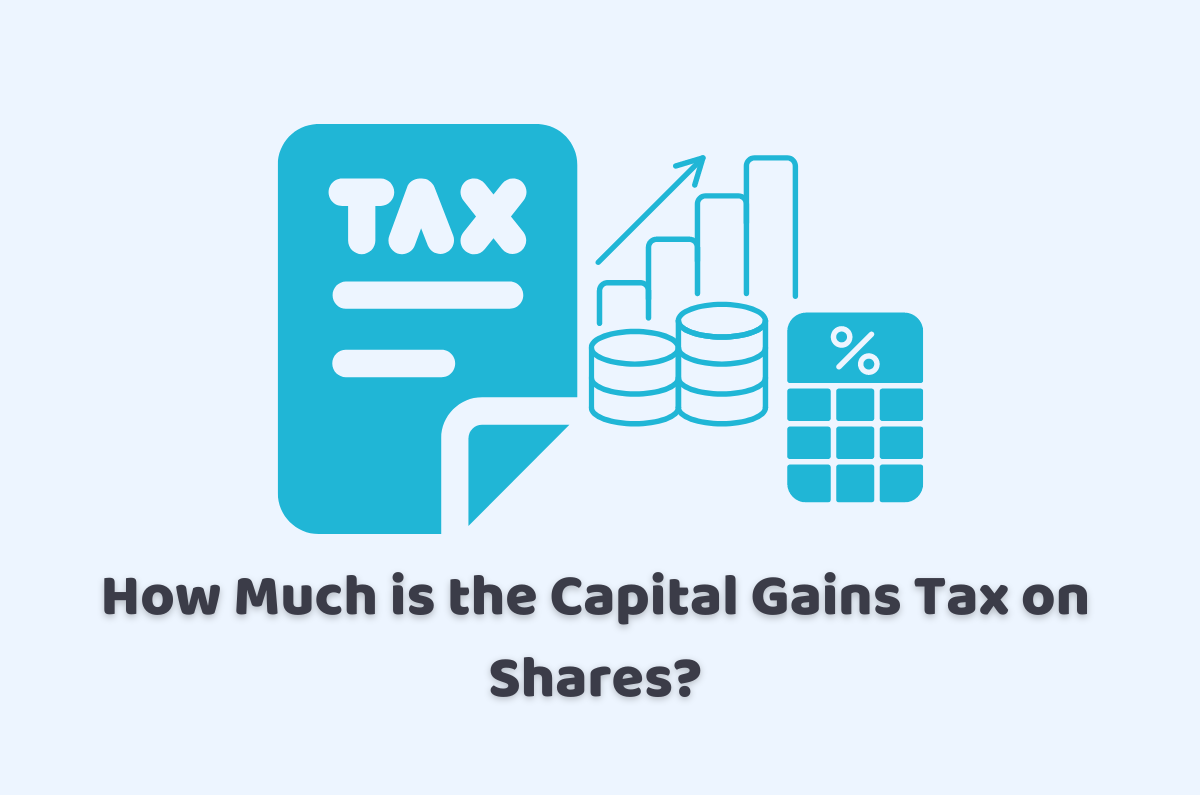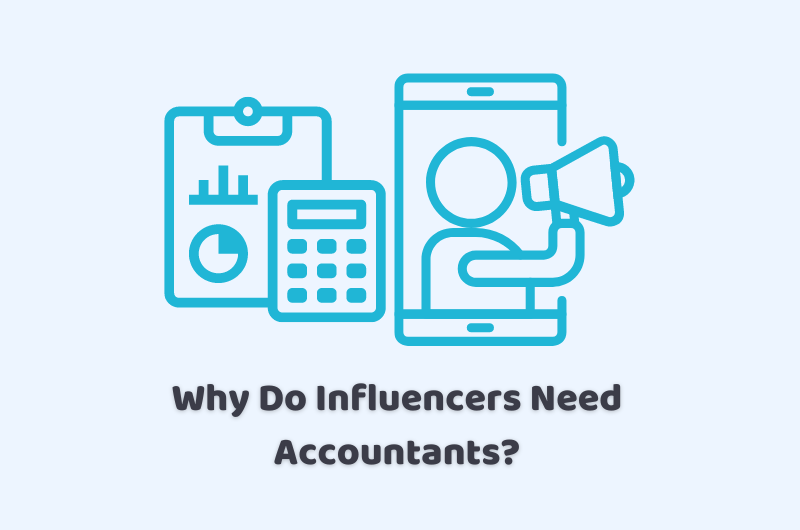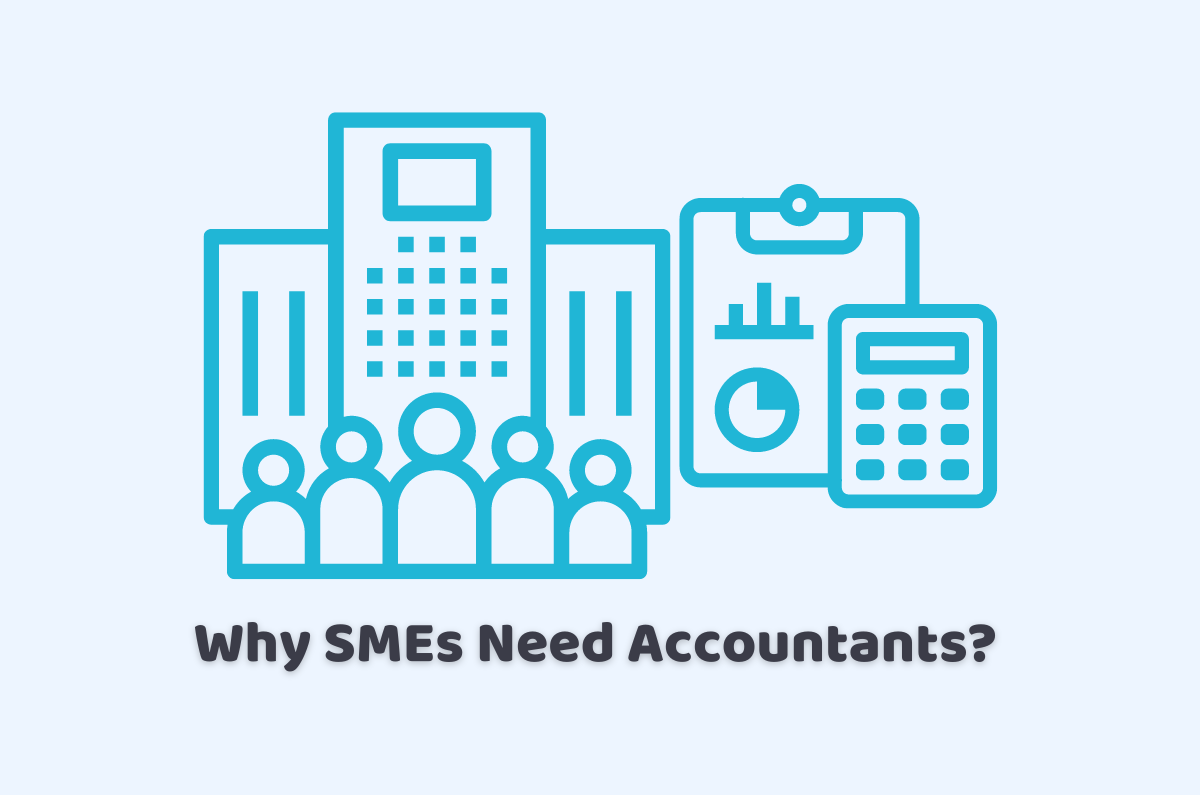
16/04/2024tax , Tax Issues , Tax News and Tips , Tax Saving Tips
As the UK’s tax landscape continues to evolve, one crucial aspect that individuals and businesses must grasp is the Capital Gains Tax on shares. This tax on profit from asset sales or disposals can significantly impact financial decisions, making it essential to understand the intricacies of CGT in the UK. From the basics of tax rates and allowances to the complexities of exemptions, reliefs, and reporting requirements, navigating the world of CGT can be daunting.
Yet, with the right guidance, individuals and businesses can optimise their financial strategies, minimise tax liabilities, and ensure compliance with HMRC regulations. As we delve into the discussion on CGT in the UK, we will explore the nuances of this tax, including its application to various assets. Such as property, shares, and investments, as well as the implications for different taxpayer groups, like individuals, businesses, and trustees.
By examining the rules, regulations, and best practices surrounding CGT, we will empower individuals and businesses to make informed decisions, maximise their financial gains, and maintain a strong grasp on their tax obligations. This is in the ever-changing UK tax environment.
Reach out to our smart and clever-minded guys to get an understanding of the tax set of rules in the UK queries answered quickly. We will help to understand your queries instantly.
How Much is the Capital Gains Tax on Shares?
In the 2024 tax year, the capital gains tax (CGT) in the UK is charged at 10% for basic-rate taxpayers and 20% for higher-rate taxpayers. Note that the CGT rates for residential property are higher, at 18% and 28%, respectively. The annual exemption for CGT is £3,000 for 2024, down from £6,000 in the previous tax year.
It’s important to note that CGT is only charged on profits above the exemption amount, and the rate you pay depends on your income tax band and the type of asset you’re disposing of. Additionally, there are some reliefs and exemptions available. Such as the “bed and breakfasting” rule and the ability to transfer assets between spouses without incurring CGT.
Capital Gains Tax Allowances
The capital gains tax (CGT) allowance in the UK for the 2024-2025 tax year is £3,000, down from £6,000 in the previous tax year. This means that individuals and trustees for disabled people have a tax-free allowance of £3,000 for CGT. While other trustees have a reduced allowance of £1,500.
The CGT allowance can be used to reduce the amount of tax owed on gains from disposing of assets. Such as property, shares, and valuable possessions. If the total gains for the tax year exceed the allowance, CGT is payable at rates of 10%, 20%, 18%, or 28%. Depending on the type of asset and the individual’s income tax band. It is important to note that CGT rates and allowances can change. So it is advisable to check the government’s website for the most up-to-date information.
Gifts to Your Spouse or Charity
Let’s talk about gifts to your spouse or charity when it comes to Capital Gains Tax (CGT).
Spousal Gifts
If you’re married or in a civil partnership, you can transfer assets to your spouse without incurring CGT. This is because HMRC views you and your spouse as one unit for tax purposes. So, if you want to gift your spouse some shares or a piece of art, go for it. No CGT to worry about. Just remember to keep records of the transfer, as you never know when you might need to prove it.
Charitable Donations
Now, let’s talk about charity. If you donate an asset to a charity, you won’t have to pay CGT on the gain. You might even be able to claim a reduction in your income tax bill. The charity must be a registered UK charity, and you’ll need to get a certificate from them to prove the donation. Remember, it’s all about giving back.
Some Caveats
Now, before you get too excited, there are some things to keep in mind. If you gift an asset to your spouse and they then sell it, they’ll be subject to CGT on the gain. And if you donate an asset to charity, but it’s not worth as much as you thought. You might not be able to claim as much of a reduction in your income tax bill as you hoped. So, do your research and crunch the numbers before making any big decisions.
Work Out if You Need to Pay
Determining Whether You Need to Pay Capital Gains Tax (CGT)
Calculating the Gain
First, you’ll need to determine if you’ve made a gain on the asset you’re disposing of. This means calculating the profit you’ve made by subtracting the original purchase price from the sale price.
Exemptions and Exceptions
Next, you’ll need to check if the asset is exempt from CGT, like your primary residence or certain types of investments. If it’s not exempt, you’ll need to calculate your CGT liability.
Calculating CGT Liability
If you have a gain and the asset is not exempt, you’ll need to calculate your CGT liability by applying the appropriate tax rate to the gain. The tax rate will depend on your income tax band and the type of asset you’re disposing of.
Available Allowances and Reliefs
But wait, there’s more! You’ll also need to factor in any available allowances and reliefs, like the annual CGT exemption or the “bed and breakfasting” rule.
Seeking Guidance
If you’re still unsure, it’s always a good idea to consult with a tax professional or seek guidance from HMRC. They can help you navigate the complex world of CGT and ensure you’re meeting your tax obligations.
Reporting and Paying Capital Gains Tax
Here’s the scoop on reporting and paying Capital Gains Tax (CGT) in the UK:
Gathering Your Info
First things first, you’ll need to get all your ducks in a row. That means gathering all the necessary info about the asset you sold, like the sale price, the original purchase price, and any costs associated with buying and selling. You’ll also need to know your income tax band and any relevant exemptions or reliefs.
Reporting Your Gain
Once you’ve got all your info, you’ll need to report your gain to HMRC. You can do this online or by post, but make sure you do it within the deadline, usually January 31st for paper returns or February 28th for online returns. You’ll need to fill out the CGT section of your Self-Assessment tax return, which can be found on the HMRC website.
Paying Your Tax
After you’ve reported your gain, you’ll need to pay any CGT due. You can do this online, by phone, or by post. Make sure you pay on time, or you might face penalties! If you’re paying online, you can use your debit card or direct debit. If you’re paying by post, you’ll need to send a cheque with your payment.
Payment Deadlines
Mark your calendar! If you’re paying CGT, you’ll need to make sure you meet the payment deadlines. For paper returns, the deadline is usually January 31st. For online returns, it’s usually February 28th. If you’re paying in instalments, you’ll need to make sure you make your payments on time.
The Bottom Line
In conclusion, Capital Gains Tax on shares in the UK can seem like a complex and daunting topic. But by breaking it down into manageable pieces, individuals can navigate the process with ease. From understanding the basics of CGT, including the tax rates and allowances, to determining whether a gain is taxable, and reporting and paying the tax. It is essential to stay organised and informed.
By utilising resources such as HMRC’s website and seeking guidance from tax professionals, individuals can ensure compliance with tax laws and regulations. Additionally, staying up-to-date with changes in tax legislation and taking advantage of available reliefs and exemptions can help minimise CGT liabilities.
By being proactive and taking a thorough approach to CGT, individuals can avoid penalties and fines, and ensure a smooth and stress-free experience. In the end, understanding CGT in the UK is crucial for individuals who buy, sell, or dispose of assets. By following the guidelines and tips outlined in this discussion, individuals can confidently navigate the world of CGT and make informed decisions about their financial affairs.
Our team of professional members loves to hear out your business problems and find out the possible and suitable solutions quickly to the reporting in the UK. Contact us now.
Disclaimer: The general information provided in this blog about capital gains tax on shares in the UK includes text and graphics. It does not intend to disregard any of the professional advice in the future as well.



